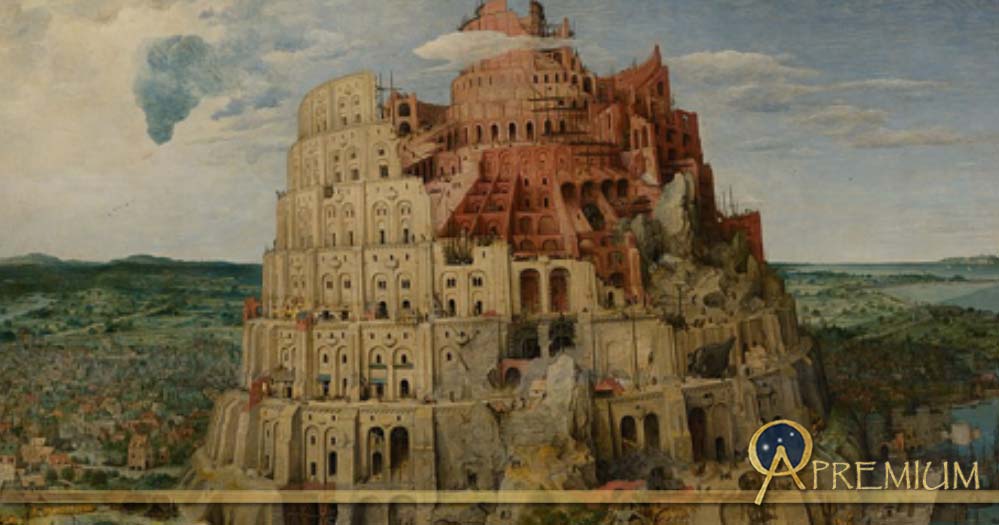Of One Language: In Search of Our Mother Tongue
Mankind is familiar with the narrative surrounding the construction of the Tower of Babel, passed down through the generations and across multiple cultures. The most well-known version is chapter 11 of the Book of Genesis: “And the whole earth was of one language and of one speech. And it came to pass, as they journeyed east, that they found a plain in the land of Shinar; and they dwelt there.” Not pleased with the progress humans were making in the constructions of this tower to the heavens, the Biblical account quotes God in which he states: “‘Come, let us go down, and there confound their language, that they may not understand one another’s speech.’ And He took it upon himself to end what He deemed to be sacrilege. So, the Lord scattered them abroad from thence upon the face of all the earth; and they left off to build the city. Therefore, was the name of it called Babel; because the Lord did there confound the language of all the earth; and from thence did the Lord scatter them abroad upon the face of all the earth.”

Human Language Family Map (CC BY-SA 3.0)
As indicated earlier, parallels about Babel do exist, some predating its Biblical counterpart. Author Petros Koutoupis has written about an Assyrian version in his publication, Biblical Origins: An Adopted Legacy, (2008) and in his article, Gateway to the Heavens: The Assyrian Account to the Tower of Babel.
Language Families
Was there, at one point in human history, a common language or mother tongue shared by humans? Can we go far enough back in time to answer this question and if this mother tongue did exist, are we able to reconstruct it from what we do know?
The study of languages and its evolution requires familiarization with the concept of language families. Modern languages are broken up into families or categories. Several hundred modern and obsolete languages or dialects may exist within a single family and in many cases one family of languages will be completely unrelated to another.
A group of languages within this family will share a common ancestor - or parental - language from which it would have evolved. This is often referred to as a proto-language, proto being the Greek word for ‘the first’.
Like this Preview and want to read on? You can! JOIN US THERE ( with easy, instant access ) and see what you’re missing!! All Premium articles are available in full, with immediate access.
For the price of a cup of coffee, you get this and all the other great benefits at Ancient Origins Premium. And - each time you support AO Premium, you support independent thought and writing.
Petros Koutoupis is an author (Biblical Origins: An Adopted Legacy) and an independent historical researcher. Fluent in modern Greek, Petros has additional knowledge in languages that include ancient and Biblical Greek, Biblical Hebrew, and a good fundamental understanding of Aramaic, Ugaritic, Phoenician, and Akkadian.
Top Image: The Tower of Babel by Pieter Bruegel the Elder (1563) (Public Domain)



















